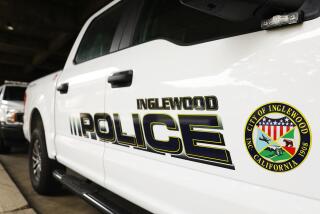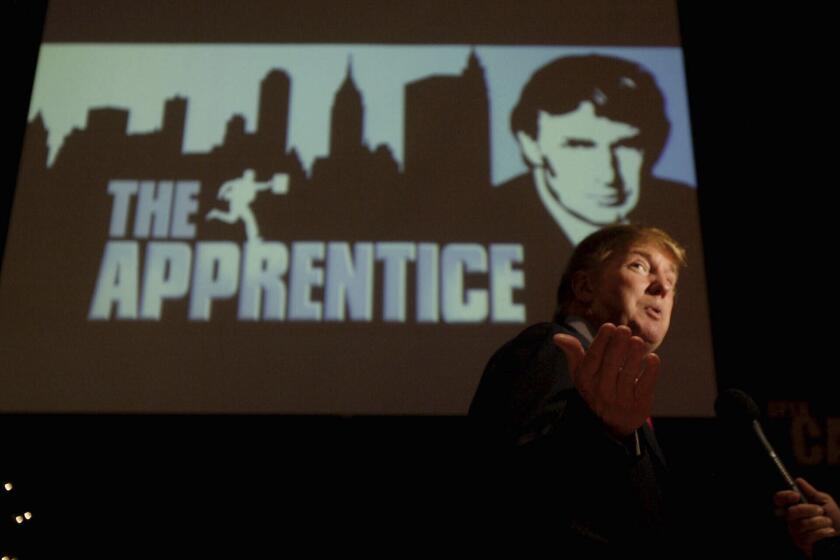Baca finally agrees to turn over all of the Ruben Salazar files
For more than 40 years, the Los Angeles County Sheriff’s Department has stubbornly fought off requests to turn over its records on the death of Mexican American journalist Ruben Salazar. The department’s arguments against making the files public have amounted to little more than: it’s too expensive, too time-consuming, or might compromise the privacy of some individuals.
Last year the department was forced to rethink its position. In response to a California Public Records Act filed by The Times’ Robert J. Lopez, the sheriff agreed to allow some journalists and academics to view the records. And he agreed to provide redacted copies of the files.
That all sounds good, until you realize that Sheriff Lee Baca’s version of complying with the California Public Records Act isn’t quite what state law requires. For example, Baca agreed to let reporters see the files but barred reporters from taking notes while they read the files. And the department provided only redacted copies of the files, even though reporters were allowed to see unredacted files. As it turns out, state law doesn’t have an asterisk that allows Baca or any government agency to turn over information with strings attached, or set agreements for viewing the information.
Fortunately, Baca agreed this week to change that policy and will now provide full, unfettered access and unredacted copies. Why the change? The Sheriff’s Department had no other choice. As it turns out the Mexican American Legal Defense and Educational Fund sued Baca, and this week he agreed to settle the case by fully complying with the Public Records Act.
The new policy is a long-overdue change that complies with the public records act. But what is still puzzling is why Baca fought full release given that the files were turned over to USC’s library.
Salazar, a former Times columnist and KMEX-TV news director, was killed on Aug. 29, 1970, while covering the National Chicano Moratorium Against the Vietnam War, which brought out thousands of Latinos. But the rally through the streets of East Los Angeles turned violent and deputies and protesters clashed. Salazar, who had stopped at the Silver Dollar bar, was killed after he was struck in the head by a tear gas canister fired into the bar by a sheriff’s deputy.
What matters today, however, is that the public will finally have access to those records. That seems like a fitting way to honor a Latino journalist who fought very hard to give voice to a community long ignored and their struggle for social justice.
ALSO:
A GOP pivot on immigration
Baca’s sensible shift on immigration
Arizona Gov. Jan Brewer picks another fight with President Obama
More to Read
A cure for the common opinion
Get thought-provoking perspectives with our weekly newsletter.
You may occasionally receive promotional content from the Los Angeles Times.










